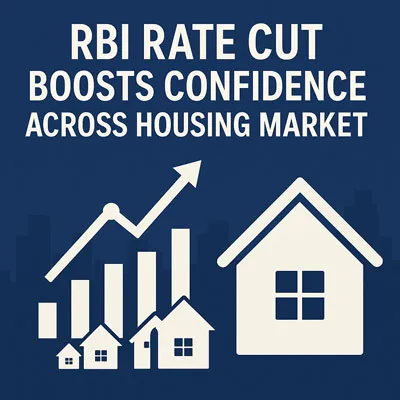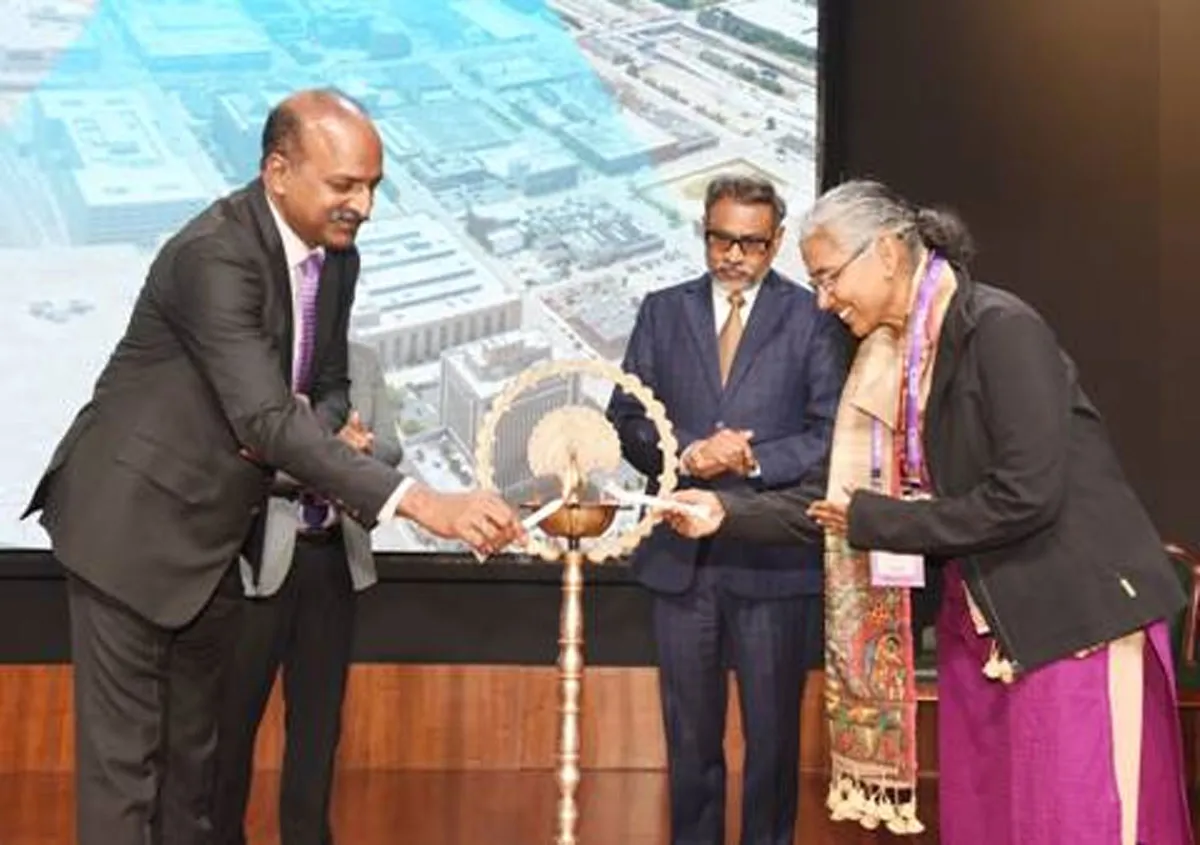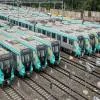- Nirmala Sitharaman, Union Finance Minister, Government of India
After the Union Budget 2020 announcement on February 1, 2020, as a first-of-its-kind initiative, Union Finance Minister Nirmala Sitharaman along with her team embarked upon an outreach programme across cities – the first being in Mumbai – explaining the thought behind the Budget and taking feedback from various organisations and individuals.Joining the finance minister was Rajiv Kumar, Finance Secretary; Atanu Chakraborty, Secretary, Department of Economic Affairs; Dr Ajay Bhushan Pandey, Revenue Secretary; PC Mody, Chairman, Central Board of Direct Taxes; and Ajit Kumar, Chairman, Central Board of Indirect Taxes and Customs. The room in Mumbai’s St Regis Hotel packed with media representatives also included the CW team. SHRIYAL SETHUMADHAVAN presents excerpts from the media interaction with the Finance Minister. From your meeting in Mumbai, what has been the feedback received and concerns that people have raised?As a matter of fact, it is inspiring for me and the entire team to do more dedicated intense work when you know that the efforts that have been put in to make this Budget have really been taken for what they are. The expanse covered in this Budget is something most people highlighted. The expansive and particular attention given to rural India and agricultural India being specific about those 16 action points and looking deeper in the bond market have been received well. The efforts we have made to ensure that the indices look at India so that we get indexed for the bonds that we want to create, for the steps that we have taken particularly in a graded fashion for giving life for the MSMEs back, stressed MSMEs as different from NPAs, both have been given relief. The way in which today the Reserve Bank has also come to be supportive of the MSME is the need of the hour. So, agriculture, rural development, MSME, the way in which we have opened up for the bond market and the ways in which we have given an alternative for income tax… I get a feeling from the inputs I have received and the people who have met us that these are good steps we have taken. Considering the current announcements made in the infrastructure segment, including the Rs.1.7 trillion allocated for the transport sector, what will be the source of funding?The government is a facilitator and it will spend in public investment-related programmes. We have clearly said that we will spend on investment for infrastructure. Infrastructure creation has evoked immediate short-term and long-term benefits. In the Budget itself, I had mentioned that nearly Rs.220 billion ( Rs.22,000 crore) has already been allotted for the two infrastructure funding agencies that we are talking about: the National Infrastructure Investment Fund (NIIF) and IIFCL. If that money is given to them, they are going to be able to leverage from the market atleast six to seven times consecutively or even eight to nine times, if you are a bit more generous. So in a way, we have met with more than Rs.1 trillion ( Rs.1 lakh crore) and that amount was announced by the Prime Minister in the Independence Day speech from Red Fort and that it will be spread over five years. But then, too, as the year went by, we went ahead to say we are happy to front-load it as much as required. Having said that, we have actually worked with states, private investors and private project promoters and come up with a Infrastructure Pipeline consisting of over 6,400 projects. Not only are we talking about funding, we are also clearly saying where these funds will go: Various states, sector-related projects and so on. So our commitment towards investment and spending from public spending in infrastructure is clearly laid out. How are we ensuring the financial viability of the National Infrastructure Pipeline and what is the expectation from the private sector in terms of investment? How will this pipeline be made attractive for them?We are making it attractive by bringing in a lot of sovereign funds. These funds have expressed interest and hence we have extended the benefits. Then, through the NIIF and IIFCL, we expect to raise funds in the market, for which the government has already chipped in the amount. Many of the projects listed as part of the 6,400-odd projects are also private-sector, state government and Central Government projects. So, a lot of work has gone into it. Even as we are talking, many state governments are adding on to that list. With regard to how we expect the private sector to participate, even as the list of 6,400 was made, a lot of inputs came in from the private sector. We have also formed a committee that will be looking at cleaning up the list of 6,400 projects.The borrowing limit for NHAI has been reduced. Is there any reason this decision has been made?Do equally recognise the fact that Rs.103 trillion (Rs.103 lakh crore) worth of projects for infrastructure have been announced. I have also clearly spoken about the length of roads. We have given special fiscal concessions for sovereign funds that have shown an interest to come and invest in infrastructure. Also, consider the particular lock-in condition saying that you will have to invest by 2024 for infrastructure creation. So that one reduction does not in any way undermine these announcements that are towards building better, bigger and long-term investments. How will announcements made for the real-estate sector in the Budget give the sector a boost in 2020?For real estate, we have announced even before the Budget about creating a fund that will help in completion of stalled projects. In early January, we started releasing funds for the escrow accounts of those projects. So I take your point that during September and October, there was a feeling that nothing is moving. But everything took its time because all this involved a lot more tying up of regulatory compliances, even for the government. At the end of the story, from January, this was started for projects stalled all over the country. So the relief that the government and RBI have given to real estate have been both in the Budget and in the pre-Budget. If you collate all this and see what has been happening for the real-estate industry, there are quite a few things.To share your views, write in at feedback@ConstructionWorld.in




















